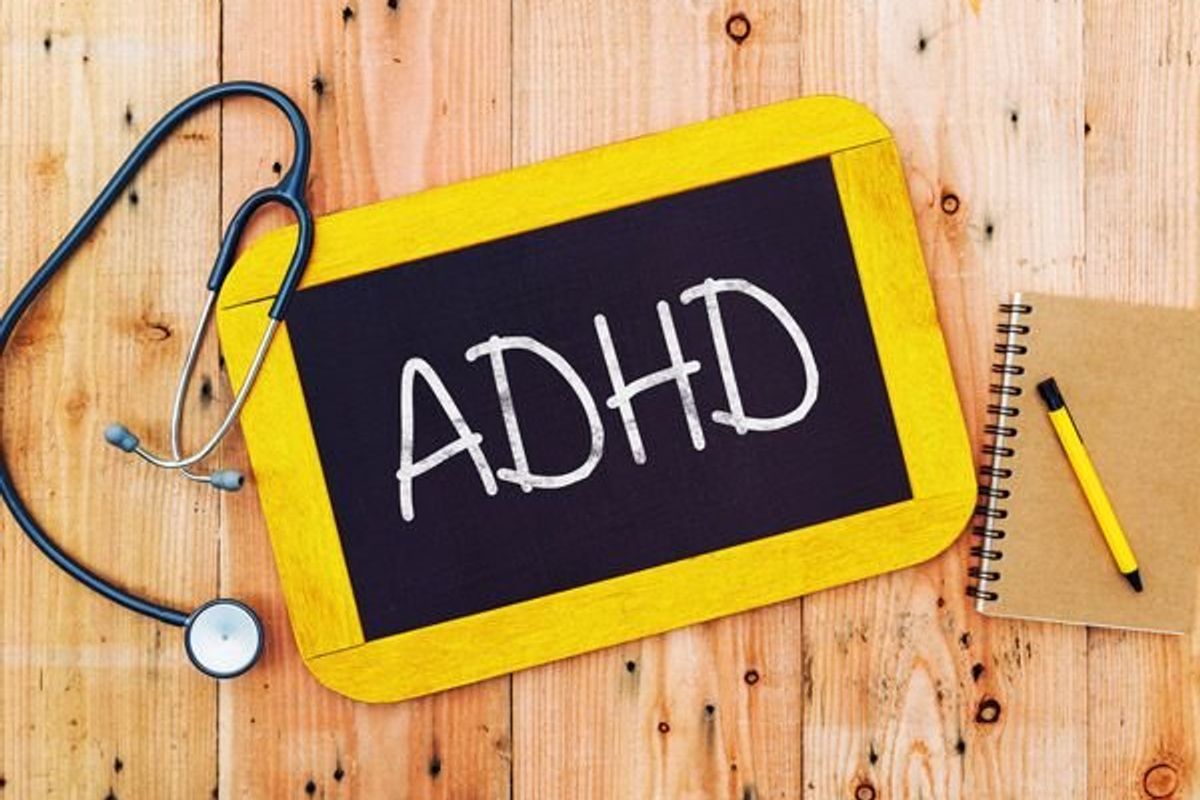

Learn about our editorial policies
Medically Reviewed
M0NDAY, Feb. 9, 2015 (HealthDay News) -- Mothers who get an extra boost during labor with the medication oxytocin don't face a higher risk of having a child with attention-deficit/hyperactivity disorder (ADHD), a new study says.
If a woman giving birth stops progressing during labor, she might receive oxytocin (brand name: Pitocin) as "augmentation." This drug is a synthetic version of the oxytocin hormone involved in birth. It helps push labor along, increasing the likelihood that the cervix will continue dilating. But the hormone may have other effects, too.
"Oxytocin has many functions, including affecting social interactions," said Dr. Glen Elliott, chief psychiatrist and medical director of Children's Health Council in Palo Alto, Calif. "Earlier studies were divided as to whether use of oxytocin to help labor progress increased the risk of the child later having a diagnosis of ADHD."
The original concern that ADHD and oxytocin might be linked arose from nonhuman studies, study author Mette Juhl explained.
"Animal studies have found that oxytocin is passed on from mother to fetus via the placental barrier, and that the fetal brain has been affected by exposure to oxytocin," said Juhl, an associate professor of midwifery at Metropolitan University College in Copenhagen, Denmark.
It was possible, she said, that oxytocin might have some direct effect on the brain of the baby being born.
"According to the U.S. Institute for Safe Medication Practices, oxytocin is a drug that should be used with caution," Juhl said. "In light of the extensive use of labor augmentation in healthy young women, it is important to find out if augmentation treatment is associated with adverse effects, such as ADHD."
Children with ADHD, a brain disorder, tend to be inattentive, impulsive and hyperactive. These symptoms can make it hard to succeed in school and get along with others.
Juhl's team looked at children who had received either an ADHD diagnosis or a prescription for an ADHD medication among more than 546,000 Danish mothers.
Then they compared the 26 percent of children born to mothers who received oxytocin for labor augmentation to the children of mothers who did not.
The results showed that 0.9 percent of the children exposed to oxytocin had been diagnosed with or treated for ADHD. Overall, however, children exposed to oxytocin were no more likely to have ADHD than those not exposed, the study found.
"One of the ongoing concerns physicians and parents alike have is that actions taken early on, especially during pregnancy and delivery, may cause unanticipated problems later on," said Elliott, who was not involved in the study. "But using a large registry of births, the authors found no evidence to support an increased risk of ADHD when oxytocin was used during labor."
Using very large groups, such as the half million mothers in this study, is important for research such as this because it's otherwise almost impossible to prove one thing is not linked to another, Elliott said.
This study's finding that ADHD and oxytocin augmentation are unrelated is even more important, he said, because past research has found that complicated deliveries are related to a higher risk of various developmental problems later on.
"This study, hopefully, will reassure the obstetrician and mother-to-be that if oxytocin seems appropriate to ease delivery, it will not lead to markedly higher risk of the child having ADHD later in life," Elliott said.
The study, published online Feb. 9 in Pediatrics, was funded by the Tryg Foundation and the Danish Medical Research Council. The authors reported no financial ties related to this research.
SOURCES: Mette Juhl, Ph.D., M.P.H., midwife and associate professor, Midwifery Department, Metropolitan University College, Copenhagen, Denmark; Glen Elliott, M.D., Ph.D., chief psychiatrist and medical director, Children's Health Council, Palo Alto, Calif.; March 2015, Pediatrics
Copyright © 2015 HealthDay. All rights reserved.
You might be interested in





